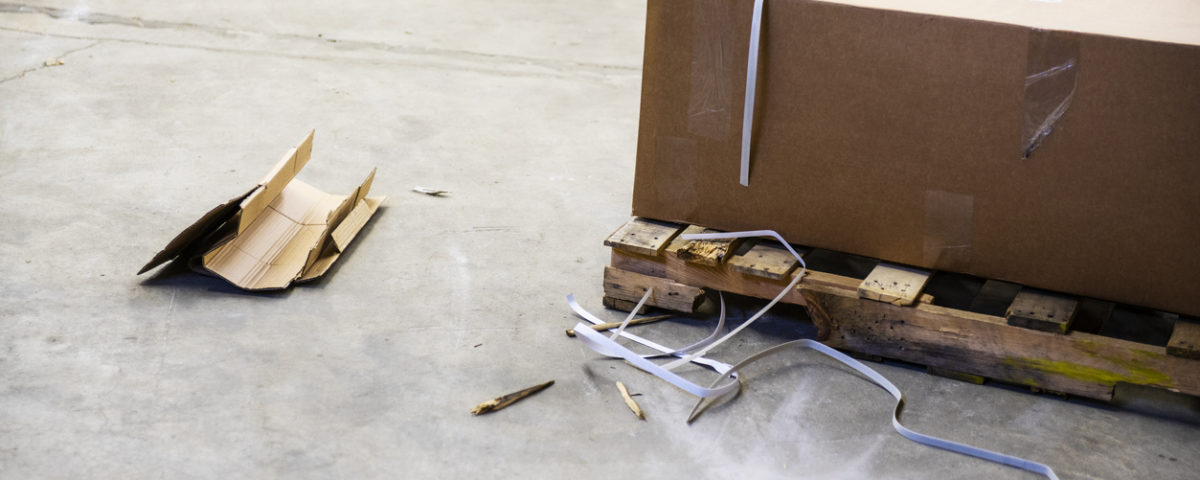
Guide to Receiving Freight
December 15, 2020
White-Glove Service Gives a Better Customer Experience in 2021
January 21, 2021Freight Claim Tips for Shippers

One of the most complicated parts of shipping is navigating claims due to cargo loss or damage. Understanding the verbiage and the claims process is essential for your business. Here are some tips to make sure that your freight claim experience is fast and efficient.
Keep Timeframes in Mind
Carriers are allowed up to 30 days from the date of the claim submission to acknowledge that they received the claim. They then have up to 120 days after that to investigate the claim. The National Motor Freight Traffic Association (NMFTA) also allocates carriers an additional 60 days after the initial 150 days, if they have not come to a decision, as long as they provide written status updates.
The best way to manage the time is to set calendar reminders every 15-20 business days to check in on the status of the claim.
Provide Additional Information
Throughout the freight claim process, there will be multiple people reviewing a claim, especially when the shipment is of high value. Each individual may need extra information to properly investigate. These requests can come at any time within 150 days. These requests pause time when the carrier sends out an inquiry. Be sure to provide the information as quickly as possible to ensure delays with your claim are minimal.
Gather All Documents and Evidence Prior to Submitting Claim
The freight industry moves rapidly. Therefore, it is easy to assume that if you do not submit a claim just as fast, it could slow down the process. However, it is best to ensure that you collect all the necessary documentation and inspect the goods immediately. Then make sure this shipment is in the hands of the consignee or shipper before submitting your claim. It will save you a lot of time by preparing for what the carrier may need during their investigation.
Mitigate Your Products
A shipper should do one of three things when a commodity is damaged in transit: salvage, discount, or repair the commodity. If your commodity can be repaired for less than it costs to make it, it is better to make the repairs and file a claim for the cost of those repairs. Remember to first ask the carrier to inspect the products and be upfront with them that you may mitigate before continuing with the freight claim.
Get Insurance
Unless otherwise specified in your contract, all LTL shipments tend to fall under the carrier’s limits of liability. Liability limits vary depending on the class or weight of the shipment, the actual products being shipped, and whether the products are new or used. The carrier may pay per general maximum liability or decline the claim entirely because the products are listed on their restricted/excluded list.
You can protect yourself and your company by purchasing shippers’ insurance. The insurance will cover your shipment at full invoice value in case something happens during transit.
Performance Plus Global Logistics
For all of your freight and logistics needs, look no further than PPLUS Global Logistics. They provide a full range of shipping and logistics services; with over 75 years of combined experience, they can tailor to meet the needs of each client they serve.
